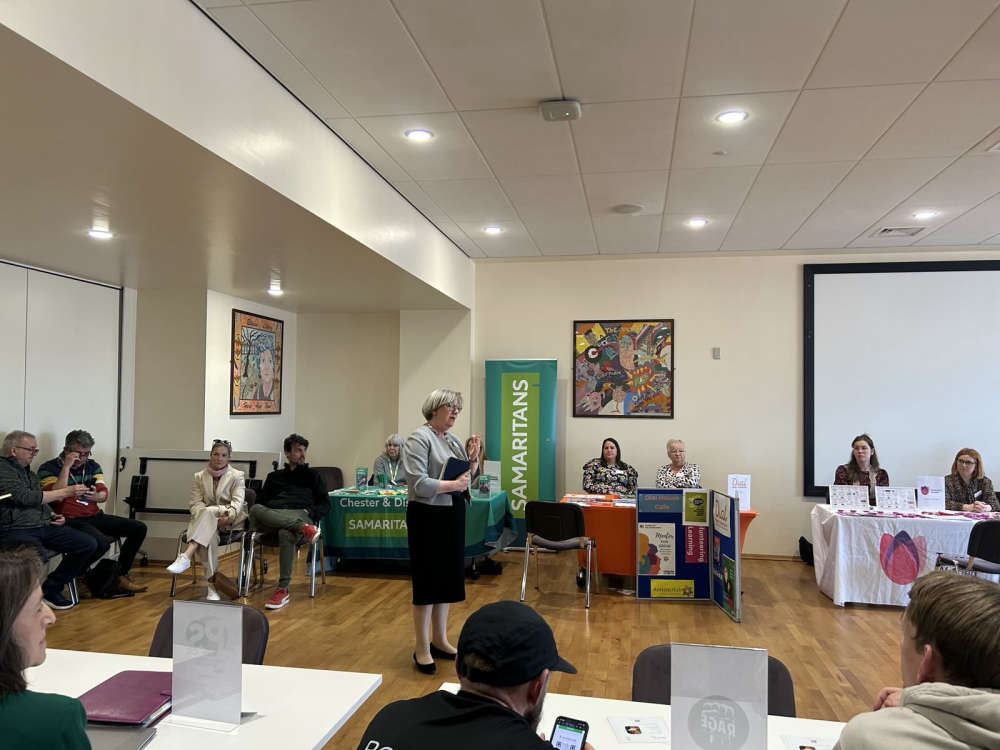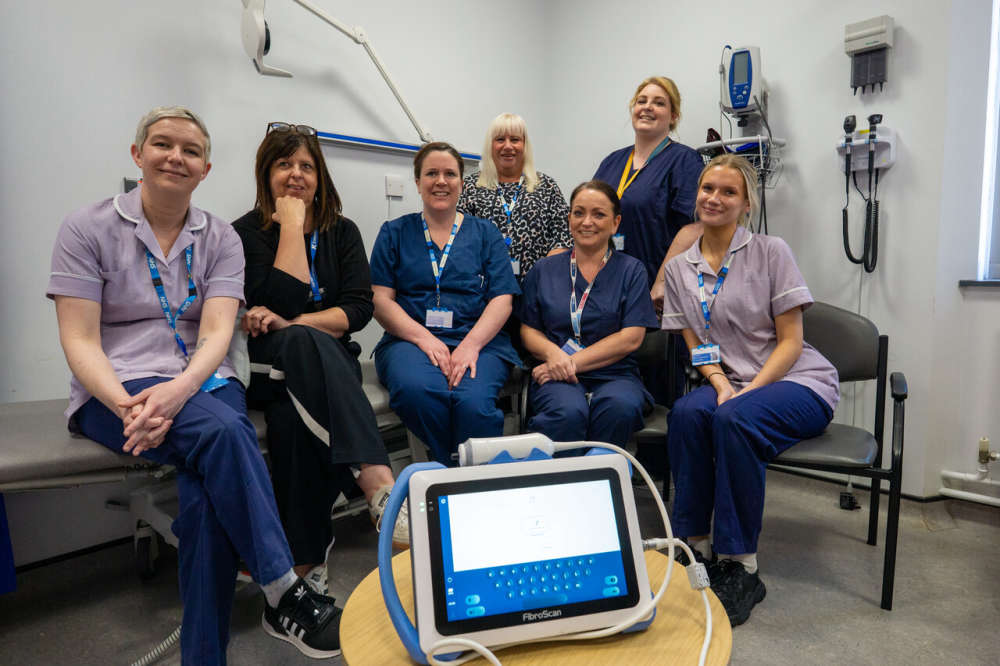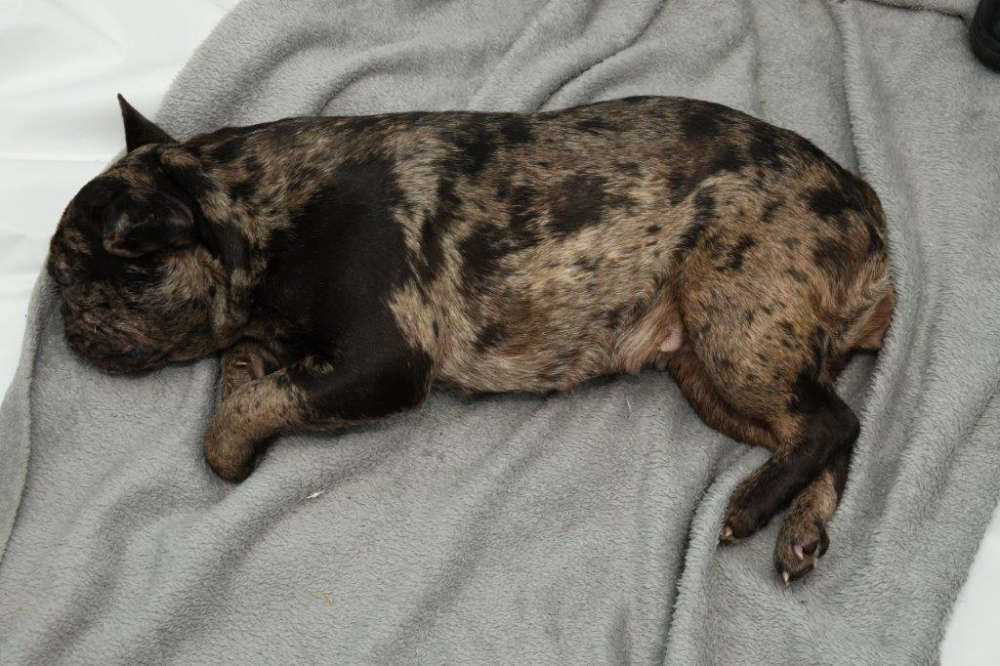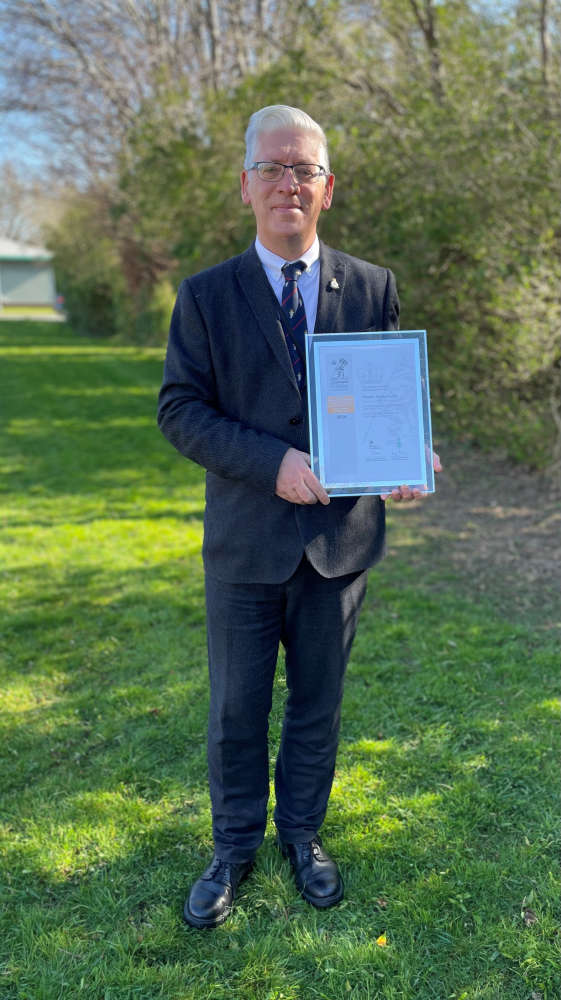
Cheshire West and Chester Council is working with the Department for Environment, Food and Rural Affairs (DEFRA), the Animal and Plant Agency (APHA), Public Health England (PHE) and other partners in dealing with an outbreak of avian flu after a positive case was confirmed in the Dunham on the Hill area on 2 November.
Testing has confirmed this is a highly pathogenic strain related to the virus currently circulating in Europe.
Avian influenza is unconnected with coronavirus (Covid-19).
The Council’s Deputy Leader and Cabinet Member for Environment, Highways and Strategic Transport, Councillor Karen Shore said: “Public Health England have confirmed the risk to Public Health from the virus is very low and the Food Standards Agency advises that avian influenzas pose a very low food safety risk for UK consumers. We are working locally to support residents, local businesses and premises who may be affected as well as providing information to help manage the infection.”
A Food Standards Agency spokesperson said: “Properly cooked poultry and poultry products, including eggs, remain safe to eat.”
The Council has set up a coordinating group to receive updates on the situation and to determine next steps in line with DEFRA and APHA guidance.
Over the next 48 hours the Council’s Animal Health team will be visiting premises within the three-kilometre prevention zone, to support residents and businesses and to help manage the infection. The team will also provide information to support businesses within the surveillance zone.
- The restrictions in place mean that all premises with poultry and/or captive birds within the Protection Zone house their birds, or where this is not possible keep them isolated and take steps to prevent contact with wild birds. The movement of birds, mammals and other things, such as carcases, eggs, used poultry litter and manure, on or off premises where poultry is present and out of the zones are banned except under licence. No gatherings of poultry or the release of game birds are also allowed in the zones. Information on the restriction measures in place within the zones can be found at GOV.UK.
- Around 13,500 birds at the farm will be humanely culled to limit the spread of the disease. Human risk of infection is very low for the general population and low for those immediate contacts on site. Public Health England and local health protection teams are involved.
- Food Standards Agency (FSA) has made clear avian influenzas pose a very low food safety risk for UK consumers. Thoroughly cooked poultry and poultry products, including eggs, are safe to eat.
- H5N8 is currently circulating in wild birds and poultry in Europe, Central Asia and the Middle East, causing clinical signs in affected birds and we raised our risk level to MEDIUM for the incursion into the UK through the movement of wild birds. These viruses are in no way connected to the COVID-19 pandemic caused by the SARS-CoV-2 virus which is not carried in poultry.
- Suspected disease should be reported to APHA offices immediately on 03000 200 301
- Clinical signs that poultry keepers should look for in their birds include a swollen head, discolouration of neck and throat, loss of appetite, respiratory distress, diarrhoea and fewer eggs laid – although clinical signs vary between species of bird.
- Where avian influenza (or Newcastle Disease) is not strongly suspected, but cannot be ruled out, poultry keepers may wish to liaise with their private veterinarian about utilising the Animal and Plant Health Agency (APHA) ‘testing for exclusion’ regime in GB. This involves submitting samples to a testing service at the APHA’s National Reference Laboratory, Weybridge and can help detect a notifiable avian disease at the earliest opportunity for such cases.
Further information on biosecurity and how to prevent disease is available here: https://www.gov.uk/guidance/avian-influenza-bird-flu

 Housing and Support Fayre Helps Chester North & Neston Residents Access Vital Services
Housing and Support Fayre Helps Chester North & Neston Residents Access Vital Services
 Successful local hospital liver cancer screening service continues to expand
Successful local hospital liver cancer screening service continues to expand
 POPULAR CHESTER BAR CELEBRATES 25th ANNIVERSARY WITH SPECIAL LEGO MODEL
POPULAR CHESTER BAR CELEBRATES 25th ANNIVERSARY WITH SPECIAL LEGO MODEL
 Cheshire Digital Agency Fly High Media Shortlisted for European Search Award
Cheshire Digital Agency Fly High Media Shortlisted for European Search Award
 Blues Match Report: Hereford 2 - 2 Chester FC
Blues Match Report: Hereford 2 - 2 Chester FC
 Blues Match Preview: Hereford v Chester FC
Blues Match Preview: Hereford v Chester FC
 Ten arrested for drugs offences following warrants in Chester
Ten arrested for drugs offences following warrants in Chester
 Ten arrested for drugs offences following warrants in Chester
Ten arrested for drugs offences following warrants in Chester
 Suspended prison sentence and indefinite ban for Cheshire man who abused his dog
Suspended prison sentence and indefinite ban for Cheshire man who abused his dog
 Recovered Stolen Items
Recovered Stolen Items
 Man charged in relation to courier fraud
Man charged in relation to courier fraud
 Police to target criminal use of Cheshire’s roads
Police to target criminal use of Cheshire’s roads
 Council awarded Gold Armed Forces Award
Council awarded Gold Armed Forces Award
 Appeal for footage and witnesses following collision in Delamere
Appeal for footage and witnesses following collision in Delamere
 Appeal for information following serious collision in Chester
Appeal for information following serious collision in Chester
 Your chance to get involved in police scrutiny meetings
Your chance to get involved in police scrutiny meetings
 New Events at Jodrell Bank
New Events at Jodrell Bank
 Inspiring Futures at The Queen’s School
Inspiring Futures at The Queen’s School
 Bowmere Hospital celebrates 20 years of mental health care
Bowmere Hospital celebrates 20 years of mental health care